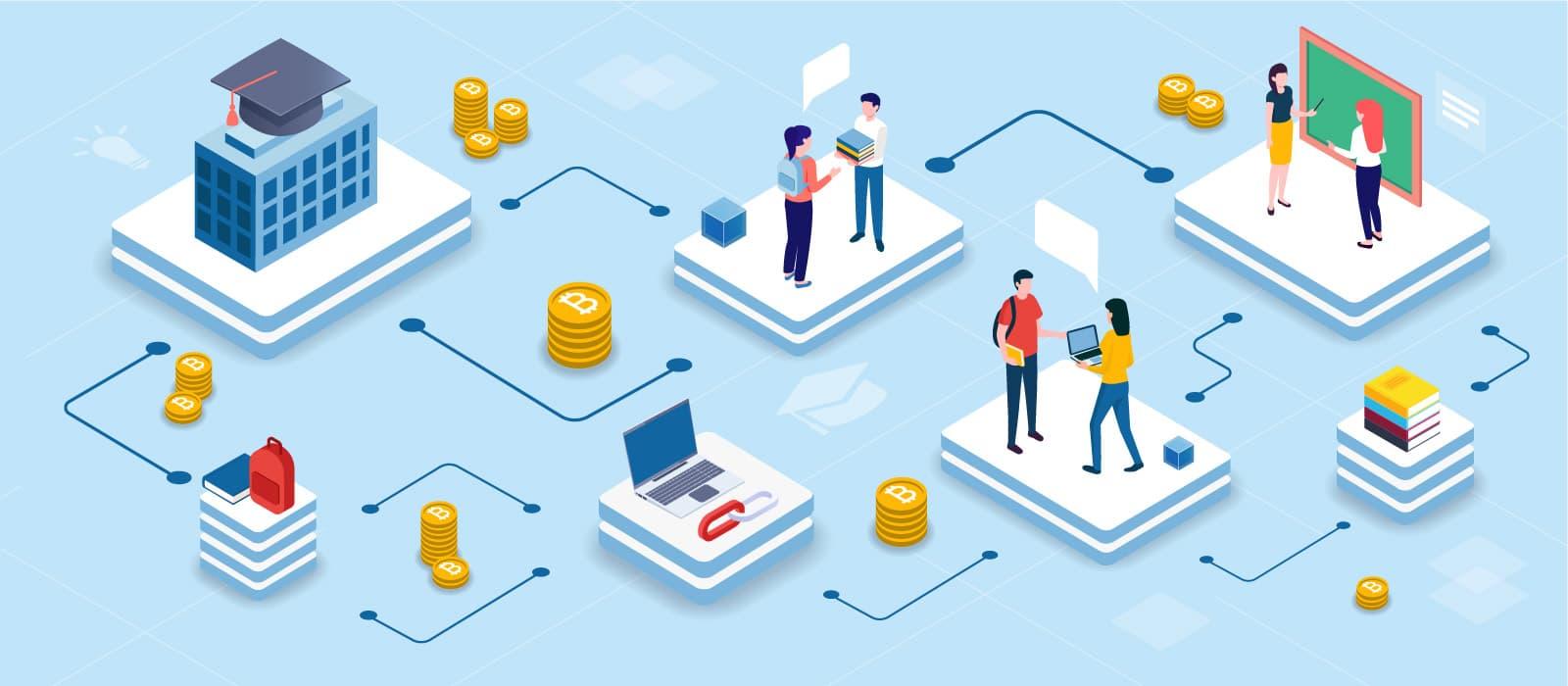Unlocking Academic Integrity: How Blockchain Technology Secures Student Records
In a rapidly digitizing world, the credibility of educational achievements is more crucial than ever. Learn how blockchain technology is transforming academic integrity by providing a secure, immutable solution for student records.
Introduction: The Growing Need for Academic Integrity
Academic records serve as the bedrock of trust in education. Whether you’re applying for higher studies, landing a dream job, or transferring credits, accurate and tamper-proof student records are essential.However, educational institutions all over the globe face persistent challenges such as diploma fraud, data breaches, and inefficient records management. That’s where blockchain technology steps in, offering a transformative way to enhance academic integrity while safeguarding student records.
What is Blockchain Technology?
Before delving into its application in academia, it’s important to understand the basics of blockchain technology:
- Decentralized ledger: Blockchain is a distributed, digital ledger maintained across multiple computers (nodes).
- Immutability: Onc data (like a student record) is entered, it cannot be altered or deleted.
- Transparency: all transactions are visible to authorized users, ensuring complete traceability.
- Security: Advanced cryptographic algorithms protect the integrity and confidentiality of the data.
Challenges in Managing Academic Records
Customary student record management systems face a multitude of issues:
- Difficulties in verifying credentials across institutions and borders.
- Susceptibility to forgery and unauthorized alterations.
- High administrative costs and inefficiencies in manual record-keeping.
- Increasing risk of data breaches and privacy violations.
These challenges undermine trust in academic qualifications and can have long-lasting repercussions for students, educators, and employers alike.
How Blockchain Secures Student Records
By integrating blockchain into their record-keeping systems, educational institutions can address the above challenges head-on. Here’s how blockchain technology secures student records and promotes academic integrity:
Immutable Record Keeping
Once a student’s grades or degree are added to a blockchain-based platform, that details becomes permanent and tamper-evident. Any subsequent attempts to modify the records will be flagged and traceable.
instant Verification
Employers, universities, or other third parties can instantly verify the authenticity of a student’s credentials through a public blockchain or through permissioned-access smart contracts—eliminating the tedious process of manual verification.
Data Privacy and Security
Blockchain platforms use advanced encryption so only authorized parties can access the specifics of a student’s record, ensuring GDPR and FERPA compliance. Sensitive information is effectively shielded from hackers.
Global Portability
Blockchain’s decentralized nature enables easy and secure sharing of student records worldwide, supporting student mobility and cross-border recognition of qualifications.
Key Benefits of Implementing Blockchain Technology in Education
- Prevention of Academic Fraud: fake diplomas and altered transcripts become virtually impossible to forge.
- Reduced Administrative Costs: Automation through smart contracts streamlines records processing and reduces manual labor.
- Improved Student Control: Students can manage and share their credentials with a simple click via secure digital wallets.
- Faster Onboarding: employers and institutions can verify qualifications in seconds rather than weeks.
- Eco-Friendly: Switching to digital, blockchain-based records decreases paper usage and physical storage needs.
Real-World Case Studies: Blockchain in Academic Records
Several leading institutions have already adopted blockchain-powered student record systems. Here are a few inspiring examples:
1. MIT’s Digital Diplomas
The Massachusetts Institute of Technology offers graduates the option of receiving their diplomas via a blockchain-based app, granting them secure, instant, and tamper-proof credentials.
2.Malta’s National Blockchain Certificates
Malta became the first country to roll out blockchain certificates nationwide in both secondary schools and higher education, greatly enhancing student mobility and trust in its education system.
3. University of nicosia
The University of Nicosia in Cyprus issues blockchain-verified academic certificates, allowing students to share their achievements globally with ease.
Practical Tips: How Institutions Can Adopt blockchain for Academic Integrity
- Assess Needs and Set Goals: Determine which academic records and processes will benefit most from blockchain integration.
- Choose the Right Platform: Consider working with established blockchain providers specializing in education—such as Blockcerts, Learning Machine, or developing an in-house solution.
- Develop Clear Policies: Establish guidelines for access, privacy, and record updating to ensure compliance with local and global regulations.
- Train Staff and Educate students: Provide thorough training on how to use blockchain-enabled systems and educate stakeholders about the benefits.
- Start with Pilot Projects: Launching pilot programs with a limited set of records or departments can help uncover challenges and ensure a smooth rollout.
- Engage with Stakeholders: Work closely with students, faculty, employers, and accrediting bodies for feedback and continuous improvement.
Overcoming potential Challenges
While blockchain offers immense promise for academic integrity, institutions must also address certain hurdles:
- Technical Expertise: Implementing and maintaining blockchain systems require specialized knowledge.
- Standardization: Collaboration with other institutions and governments is required to establish interoperable standards.
- Scalability: ensuring the system can handle thousands or millions of records efficiently.
- Legal & Ethical Considerations: Adhering to privacy laws and ethical data usage.
Addressing these challenges through strategic partnerships,ongoing education,and robust policy frameworks will underscore the success of blockchain-based student records systems.
Conclusion: The Future of Academic Integrity with Blockchain
blockchain technology is ushering in a new era of trust, efficiency, and global mobility in education. By securing student records on the blockchain, educational institutions can eradicate fraud, enhance student privacy, and make qualification verification globally accessible and instantaneous.
As more universities and colleges around the world embrace blockchain for academic integrity, students and employers alike can look forward to a future where credentials are universally credible and protected against manipulation.
Unlocking academic integrity with blockchain technology isn’t just a technological shift—it’s a basic leap toward transparency and trust in education.

